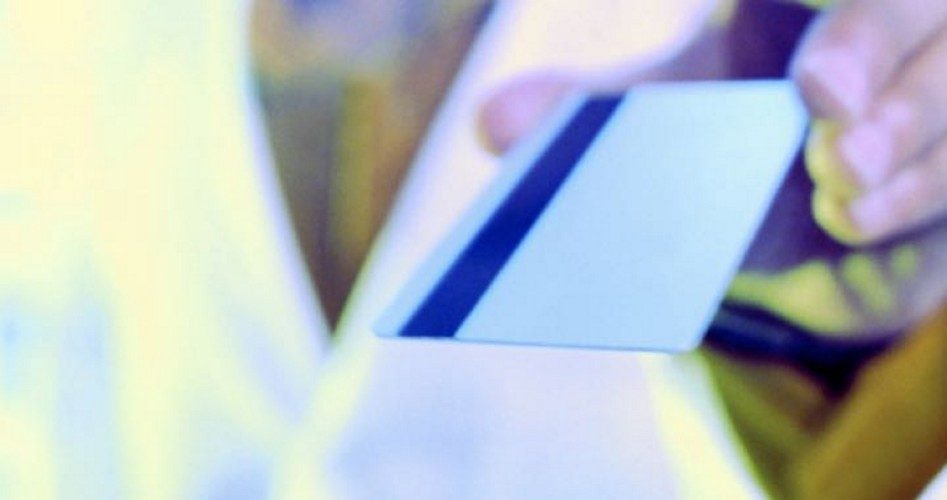
Voters in North Carolina on Tuesday overwhelmingly approved an amendment to their state constitution that would require a photo ID before voting. The approval flies in the face of critics who claim that voter fraud is a non-issue and that voter ID laws are discriminatory.
Current North Carolina state law requires voters to simply provide their name and address when they want to vote. The state’s General Assembly attempted to adopt a photo ID requirement, as well as several other changes in election laws, in 2013, but a panel of federal judges ruled in 2016 that the changes “target African-Americans with almost surgical precision” and declared the provisions unconstitutional.
Instead, the state Legislature referred the constitutional amendment to the ballot after the North Carolina House of Representatives passed the amendment 74 to 43, and the State Senate passed the measure in a 33 -12 vote. As a constitutional amendment, the governor’s signature was not required to have the amendment placed on the ballot.
The ballot measure asked voters if they would support an amendment that requires voters to show photographic identification at the polls before voting in person. The measure does not apply to absentee ballots. The ballot measure continued,
The Legislature would make laws providing the details of acceptable and unacceptable forms of photographic identification after passage of the proposed amendment. The Legislature would be authorized to establish exceptions to the requirement to present photographic identification before voting. However, it is not required to make any exceptions.
There are no further details at this time on how voters could acquire valid photographic identification for the purposes of voting. There is no official estimate of how much this proposal would cost if it is approved.
The ballot measure made no reference to exemptions for those who object to being photographed for religious or financial reasons. It passed with 55 percent of the vote.
The amendment was one of the more hotly debated questions on the ballot in North Carolina. Advocates for the amendment argue that it will prevent fraud and increase trust in public elections.
“Common sense tells us (the electoral process) should be protected with enthusiasm and a photo ID is frankly a minimal standard and can be easily obtained,” said Carl Mumpower, chairman of the Buncombe County Republican Party.
Opponents claim it will prohibit people from voting because of the difficulty of obtaining a photo ID. They also claim that voter fraud is a non-existent problem despite evidence to the contrary.
“One thing we know both nationwide and here in North Carolina is this is really rare,” said Tomas Lopez, executive director of Democracy NC, a group that promotes ballot access.
But evidence contradicts these claims. The Washington Times reported earlier this year that non-Americans continue to be found on voter rolls in alarming numbers. In some of these cases, the individuals are unaware that they’ve been registered to vote, adding fodder to claims that voter fraud is often an orchestrated effort to not only sway polls but to advocate for allowing non-Americans to vote in elections.
According to the Public Interest Legal Foundation (PILF), non-Americans have been added to voter rolls in key battleground states such as Pennsylvania and Virginia. PILF found that of those numbers, a significant portion have been able to cast their ballots. In May 2017, PILF issued a report stating that in Virginia, 5,556 noncitizens were removed from the voting rolls between 2011 and May 2017. The PILF report also found that 1,852 of them had cast ballots.
In 2016, PILF also reported that from 2013 to 2015, 86 registrations were canceled in Philadelphia because they were found to be for non-citizens, though 40 of them had already voted in an at least one election.
Also in 2016, Project Veritas released an undercover video in which a New York City Democratic election official detailed rampant voter fraud in the state. The video featured Alan Schulkin, commissioner of the board of elections in New York City, who admitted that voter fraud is a real problem in New York, which has no voter ID laws. Schulkin said any efforts to hand out ID cards in lieu of driver’s licenses are “absurd” and can lead to “all types of fraud.”
In a 2013 survey by pollster John McLaughlin of over 800 Hispanic registered voters, 13 percent admitted they were not citizens of the United States.
A 2014 study based on survey data from the Cooperative Congressional Election study estimated that 6.4 percent of noncitizens voted illegally in the 2008 presidential election, and 2.2 percent voted in the 2010 midterm elections.
In 2008, the U.S. Supreme Court recognized the threat of voter fraud and upheld Indiana’s photo ID requirement as a legitimate, non-discriminatory means to prevent voter fraud.
The Pew Research Center found in 2012 that there were nearly 24 million active voter registrations in the United States found to be either invalid or inaccurate, and that almost two million dead Americans were still registered to vote. Meanwhile, 12 million voter records were found to have incorrect information, and another 2.75 million were found to have been registered in more than one state.
And still, despite these findings, any efforts to pass voter ID laws are met with contempt and accusations of racism, mostly by Democrats.
As of November 1, according to Ballotpedia.com, 34 states enforced voter identification requirements, of which 17 required voters to present photo identification specifically.
Photo: Clipart.com




